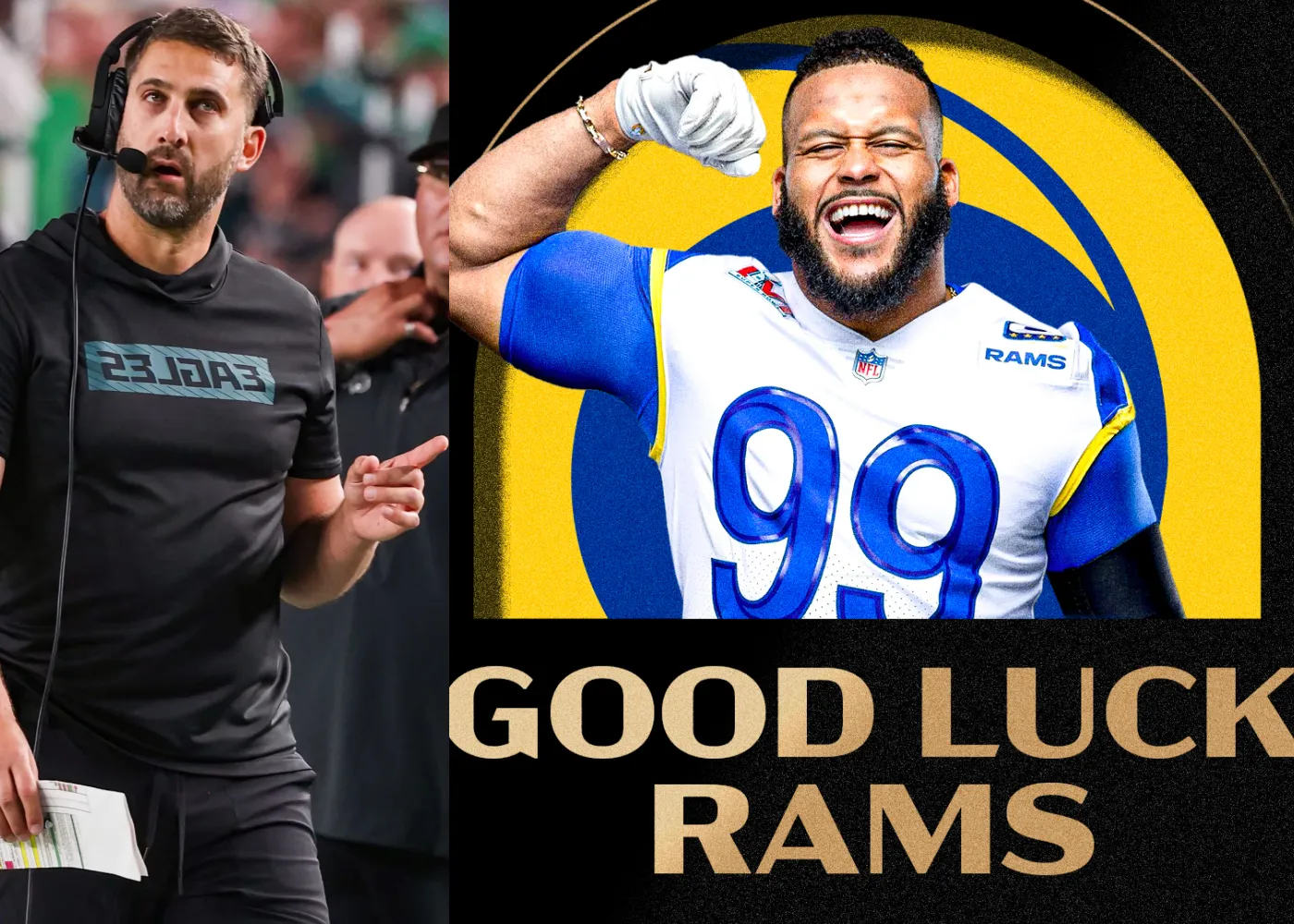Nick Sirianni’s Last-Minute Penalty Decision Against Rams Sparks Controversy

image 6744418424e3b.webp
In a pivotal moment during the Eagles’ Sunday Night Football clash with the Rams, a holding penalty against Los Angeles in the third quarter put Nick Sirianni in a tough spot. Initially declining the penalty, Sirianni changed his decision after seeing the Rams line up to go for it—an unusual move that left fans and analysts questioning why he was allowed to reverse his choice so late.
This wasn’t the first time Week 12 featured a controversial penalty decision. Steelers head coach Mike Tomlin made headlines during their Thursday loss to the Browns when he initially declined a penalty, only to backtrack, costing Pittsburgh when Cleveland capitalized and scored. However, Sirianni’s situation appeared different.
The Penalty That Changed the Game
With the Eagles leading 27-14 and 1:36 remaining in the third quarter, the Rams faced 4th-and-3 at Philadelphia’s 14-yard line after a holding penalty. Sirianni initially declined the penalty, leaving the Rams with the option to attempt a chip-shot field goal or take their chances on a manageable fourth down.
However, when Sirianni saw the Rams lining up to go for it, he reversed course, accepting the penalty and forcing them back to 3rd and 13. While the move made strategic sense—Rams head coach Sean McVay is known for his creativity on fourth down—the process by which Sirianni was allowed to change his decision raised eyebrows.
Why the controversy?
As the Rams lined up, NBC rules analyst Terry McAulay noted on air that Sirianni should not have been permitted to alter his initial decision. Typically, a coach’s choice is considered final once communicated to officials.
Despite the procedural questions, Sirianni’s second decision paid off. Rams quarterback Matthew Stafford was sacked on 3rd-and-13, and kicker Joshua Karty missed a subsequent 47-yard field goal attempt. The Eagles regained possession with a 13-point lead, firmly in control of the game.
Similarities to Tomlin’s Call
Tomlin’s penalty decision earlier in the week followed a similar pattern but had the opposite outcome. His hesitation allowed Cleveland to exploit the opportunity, underscoring how impactful these moments can be.
NFL’s Need for Clarity
The incident raises questions for the NFL about when and how coaches are allowed to revise penalty decisions. As the season heads into its final stretch and playoff implications intensify, clarity on these procedural rules is essential. With high-stakes games from Thanksgiving through February, the league will need to address any ambiguity to maintain fairness and avoid future controversies.